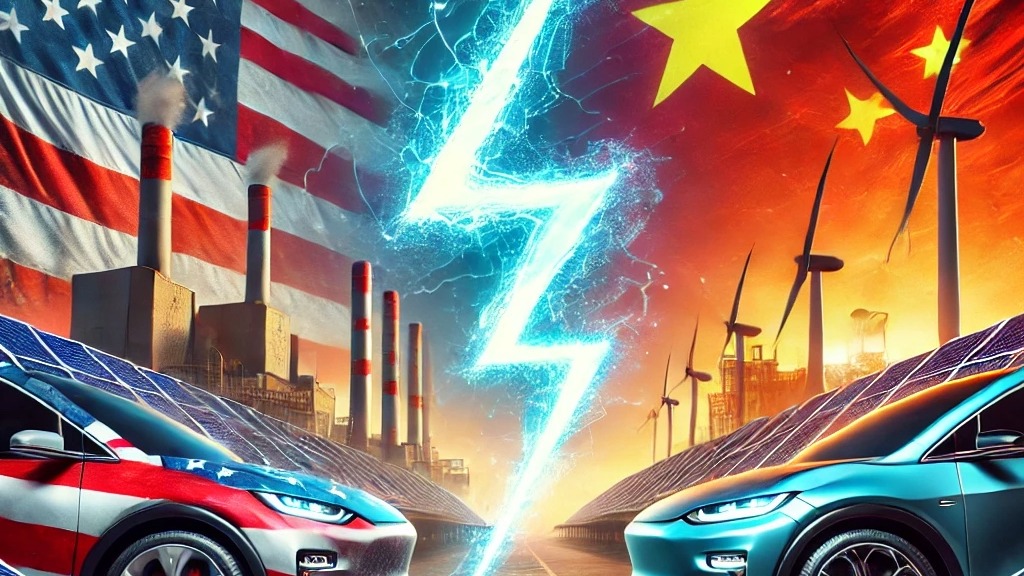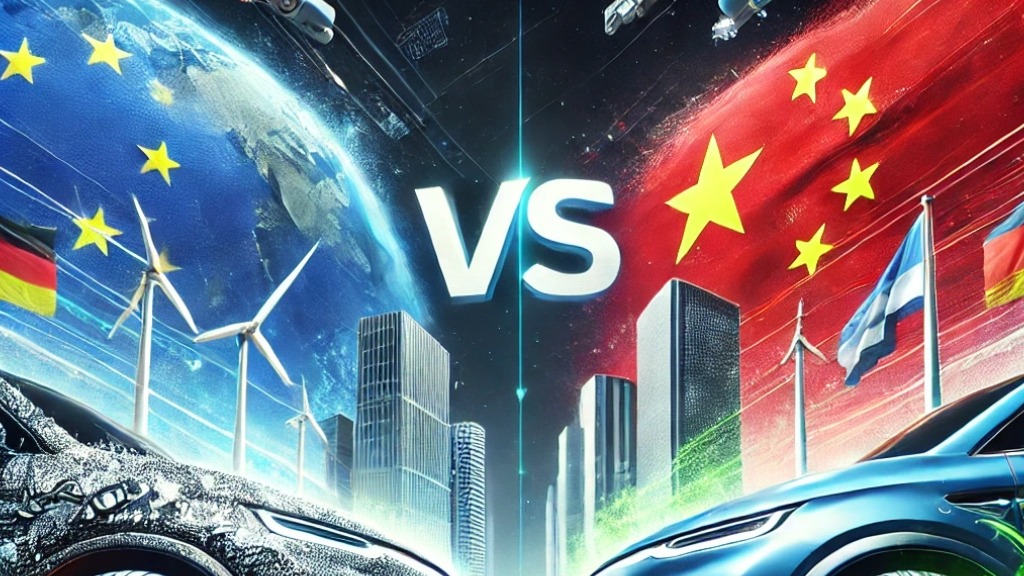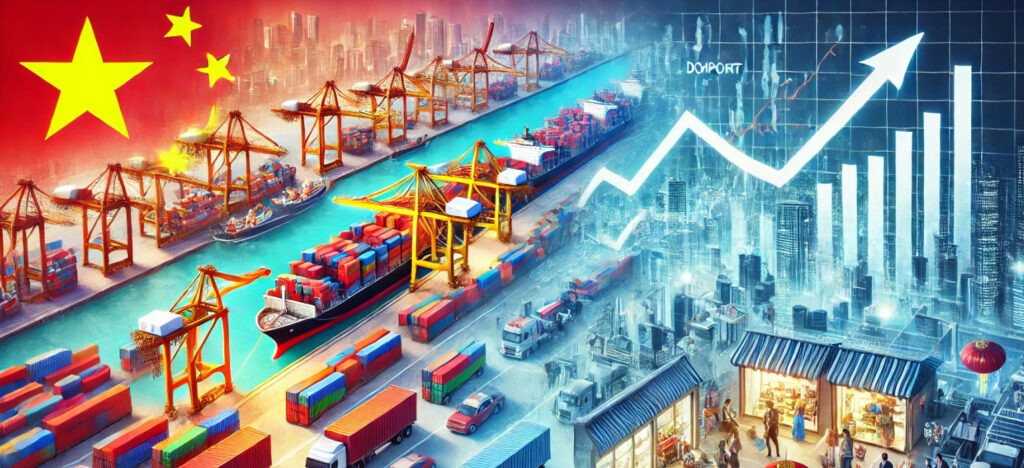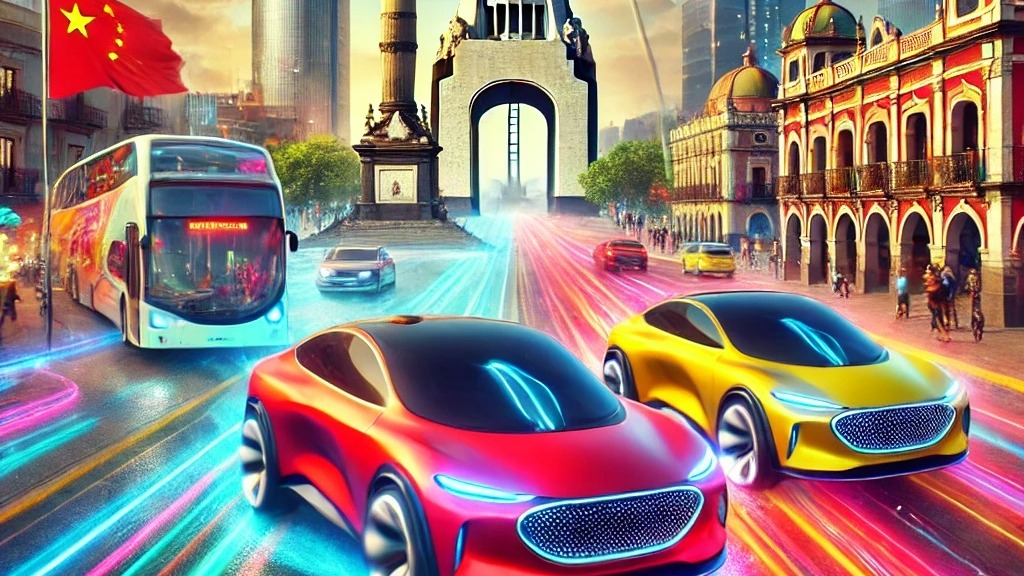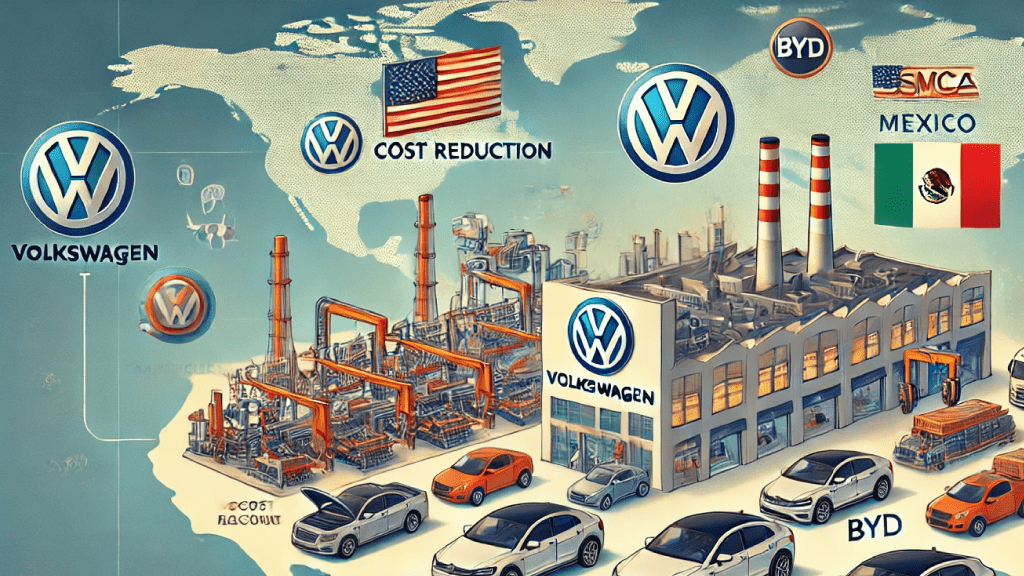Europe and China: electric car dialogues and a new course without tariffs

The European Union and China have decided to move forward in technical negotiations to explore alternatives to tariffs on electric vehicles manufactured in China, as part of an effort to maintain competitiveness and ensure a stable trade relationship.
With an EU decision to impose tariffs of up to 35.3% on Chinese-origin electric vehicles starting next week, this negotiating agreement shows the interest of both parties to avoid trade barriers that could affect trade in key goods. Both the European Commission and the Chinese Ministry of Commerce have raised the possibility of Chinese manufacturers implementing minimum price commitments or making strategic investments in Europe, with the aim of preserving the market and promoting collaboration without resorting to strictly protectionist measures.
This rapprochement highlights a context of cooperation in which both economies seek to balance competition and respect international WTO rules. For Mexico, this agreement between the EU and China presents significant strengths. In a global market where the transition to clean energy and electromobility is gaining momentum, Mexico could benefit from the opening and expansion of its own trade links with China and Europe.
With its strategic geographic location and trade agreements such as the T-MEC, Mexico is well positioned to act as a bridge between North America and these markets, promoting the nearshoring and attracting investment that could catalyze its electric automotive industry.
The opportunity lies in the fact that Mexico could take advantage of this competition in the electric vehicle market to become an assembly, technology and innovation node in Latin America, establishing alliances that strengthen its supply chain and position the country as a key player in the cutting-edge automotive industry.
However, this trade liberalization also poses weaknesses that must be addressed. The Mexican automotive industry, with a significant production base in combustion engines, faces the challenge of converting to electric vehicle manufacturing, which requires advanced technological infrastructure, financing and specialized training. Competition from affordable Chinese electric vehicles could also negatively impact domestic production, especially if the local industry does not adapt to changes in demand and global regulation. In addition, Mexico faces the need to update its energy and manufacturing policies to align with the sustainability demands that dominate export markets, as well as to ensure access to strategic raw materials, such as lithium, for battery production.
On the other hand, the presence of these negotiations between the EU and China highlights threats that Mexico must consider. The possibility of an increase in imports of electric vehicles manufactured in China, due to competitive prices and an eventual reduction of tariffs, could jeopardize the position of assemblers established in Mexico if they fail to integrate into the electric vehicle production chain quickly. International competition and the volatility of trade relations between major economies may add instability to the automotive market, affecting plant investment decisions and labor stability in the Mexican manufacturing sector. Furthermore, trade tensions between the EU, China and the United States could result in increased pressure for Mexico to take difficult strategic positions in a polarized global context.
For the Mexican market, this rapprochement between the EU and China represents not only an example of effective negotiation in a context of global competition, but also a sign that automotive development opportunities must be accompanied by a solid investment strategy and industrial policy that will allow Mexico to be competitive in the future of electric mobility.
Collaboration: Editorial Auge.

